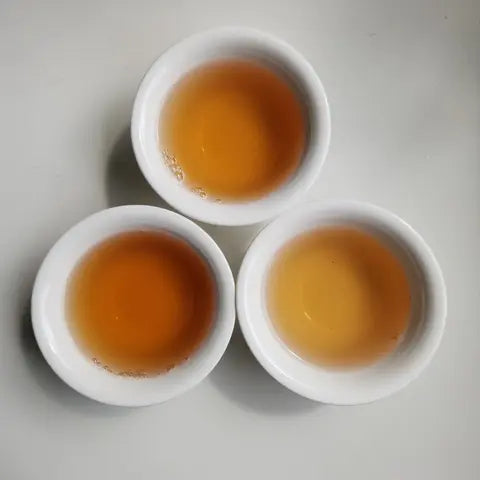Now and then, a cup of black tea does not hit the spot. It could be overly bitter, too weak, or just downright off. On the bright side, most solutions for this problem are simple. Knowing why this tea does not appeal to you can help in adjusting your techniques toward brewing black tea.

1. Oversteeping
Tannins in the tea tend to over steep harshly which leads to extracting too many tannins which makes it more bitter. Most black tea require at least a minimum of 3-5 minutes in order to brew. Beyond that time no tea that has been steeped would not be from strong tea and bitter astringent tea. This can be fixed by setting a timer and using/removing the leaves. If you would like your tea stronger, it is suggested to add more leaves instead of prolonging the steeping time.
2. Choosing boiling water
Not all black teas can prefer boiling water for all sorts of black tea, but some of them could use something less aggressive. Delicate, light legendary black teas such as Nepal Gold, prefer water to be set around 195°F. Higher temperatures tend to burn moderate nuances making the taste overly powerful or lacking. Use a thermometer so you can make sure the water reaches the desired temperature.
3. Stale or low-grade tea leaves
Tea leaves that are stale or low in quality yield a flat and lifeless drink. Black tea is especially prone to losing its flavor if kept unused in the open air, light, or a humid environment. To prevent this from happening, keep your collection in a sealed container away from water, moisture, and sunlight. Should your tea lose some of its aroma or taste, it would be wise to acquire a new batch from a reputable supplier.
4. Incorrect ratio of tea to water
The flavor suffers as a result. If you add too little tea, the result is a bland and weak brew, and if you use too much, the tea becomes excessively bitter, overwhelming, and unpalatable. An appropriate ratio would be roughly 1 teaspoon of loose-leaf tea per 8 ounces of water. Alter the amount of tea used until you reach a desired balance. Always keep in mind: fixing weak tea is easier than fixing tea that is too strong.
5. Improper brewing vessel
To put it plainly, the type of teapot or cup that you use impacts the flavor of the tea in question. If using a porous material such as clay, get ready to have your tea's flavor altered over time. Strangely tasting tea? Give glass or ceramic teapots a try. While at it, do check that your teaware is clean, as any leftover residue from previous brews can ruin the taste of your freshly brewed tea.
Bonus Tip: Rinse your tea leaves
For certain black teas like pu-erh or heavily oxidized teas, and some others, giving the leaves a quick rinse with hot water in advance can help get rid of impurities as well as decrease bitterness. Pour boiling water on top of the leaves, swirl them for a few moments, and discard the rinse water. Then, proceed with the usual brewing steps.
Correcting a cup's overly bitter taste
If your tea has an overpoweringly bitter taste, just a dash of milk or a slice of lemon should do the trick. Tea being on the weaker side is a simple fix too, just steep the tea for a little longer or use a higher leaf-to-water ratio next time. Taking the time to adjust these petty details can help rectify a disappointing cup of tea.
Experimenting with the specifics will lead you to your ideal brew.
You will find that the black tea brewing process is an intricate one which requires thorough practice. Each cup brewed is an opportunity to discover new ways to make the process more efficient and delish, and with a bit of patience, even a novice can become an expert brewmaster.

Golden Tips Black Tea
Delight in the smooth texture of this exceptional tea, complemented by rich caramel notes and a delicate honey sweetness. This carefully crafted tea offers a luxurious and satisfying taste experience..
Check It Out



